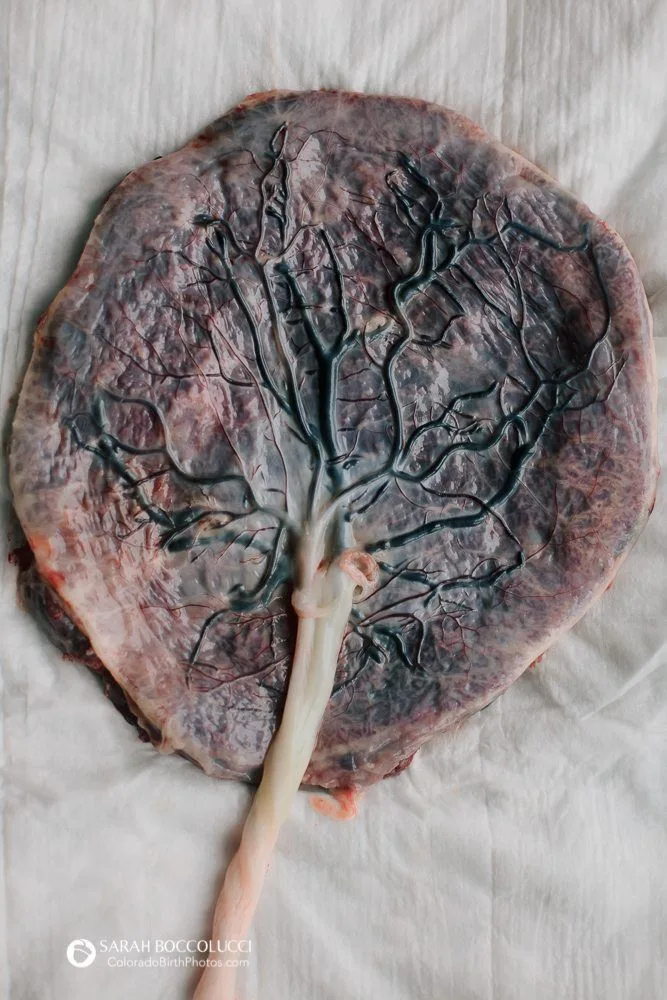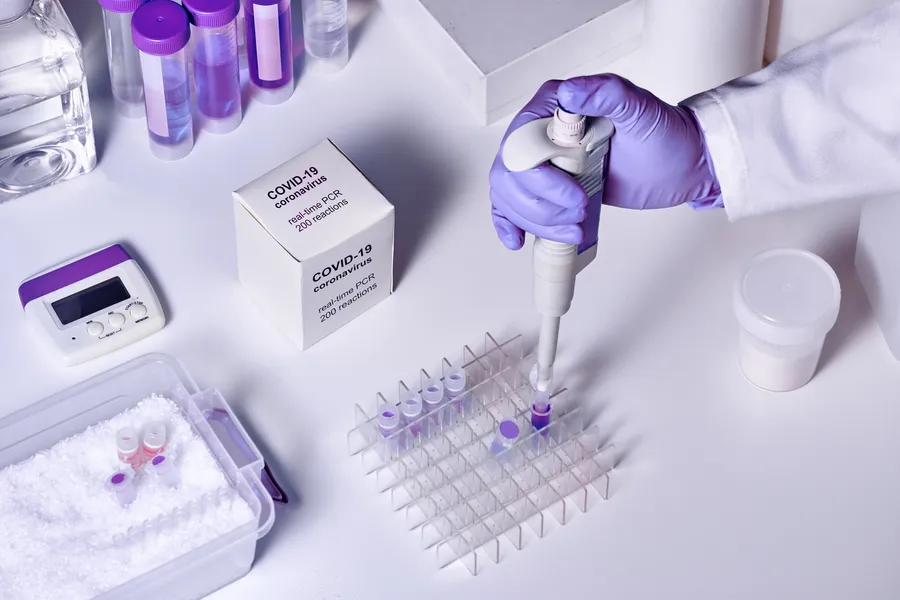Uncovering the Hidden Threat: Microplastics in the Placenta
A recent study by the University of New Mexico Health Sciences found something troubling about human placentas. They discovered tiny pieces of plastic, called microplastics, in all the placentas they examined. These findings were published in a scientific journal called Toxicological Sciences in February 2024.
The placenta is an important organ that connects a mother to her unborn baby. It gives the baby essential nutrients and protects it from harm. Finding microplastics in the placenta is concerning because these foreign substances could harm the baby.
The study looked at 62 placenta samples and found different types of microplastics in all of them. The amount of these tiny plastic particles varied widely in each sample. The most common type of microplastic found was called polyethylene, making up more than half of all the microplastics discovered.
This isn’t the first time scientists have found microplastics in human placentas. A previous study in China found microplastics in all placenta samples they examined in January 2023.
Researchers are worried about what this means for babies. They wonder if these tiny plastic particles can enter the baby’s body and what effects they might have. Another study in Germany found microplastics not only in placentas but also in the first poop of newborns.
Microplastics could be harmful to health. They might cause inflammation or even increase the risk of diseases like cancer. However, scientists still have a lot to learn about how dangerous they are.
It’s crucial to figure out how microplastics are getting into our bodies and what we can do to stop it. Babies, in particular, are vulnerable because their bodies are still developing. If these plastic particles stick around in their bodies, they could cause problems later in life.
While we don’t fully understand the long-term effects of microplastics on health, it’s clear they pose a risk. We need more research to understand this problem better and protect ourselves and future generations.

Does the middle aged brain has the answers to the cure of Dementia. Read all about it.

